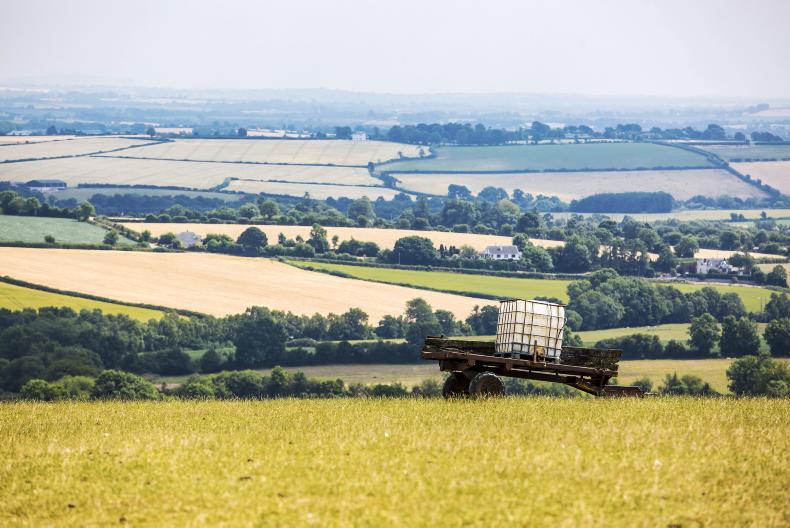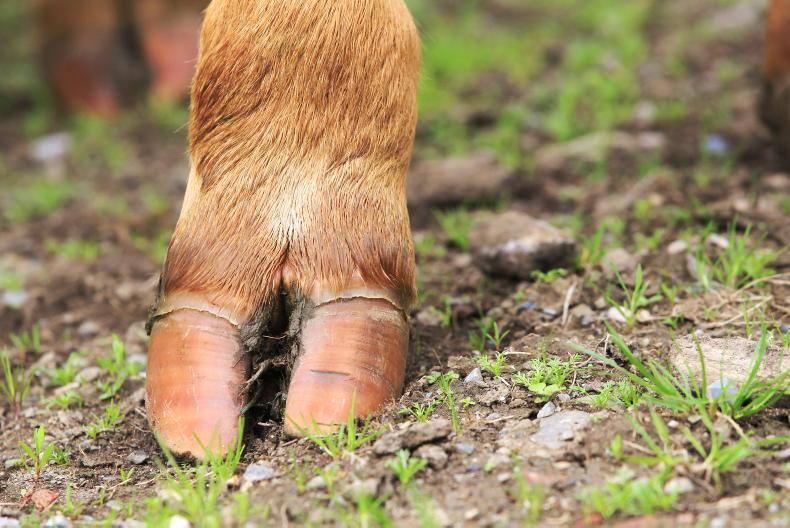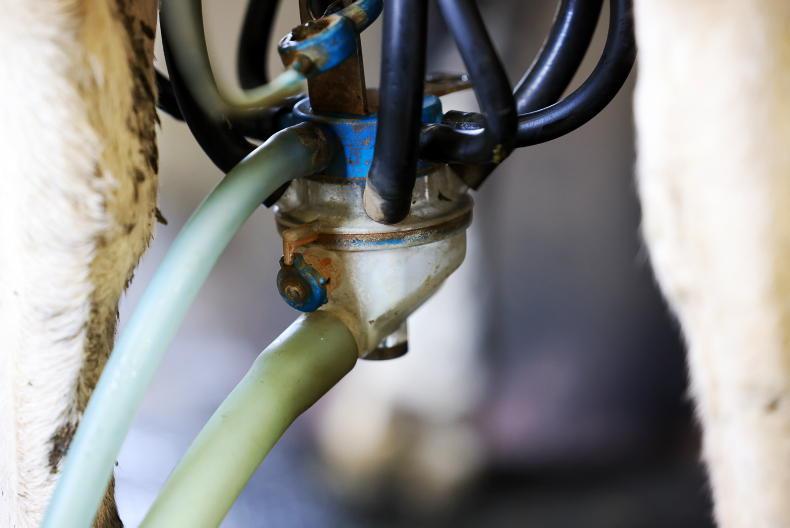Farmers and lobby groups have until 10 October to comment on a series of high-level suggestions put forward by DAERA officials regarding future agricultural policy in NI.
The 50-page document deals specifically with agriculture and land management issues, and is effectively the output from a joint DAERA/farming and environmental stakeholder group that met over the past winter to look at future policy options. It is split into two sections, the first covering the short term up to 2021, and the second covering what policy might look like beyond that date. In total, there are 40 questions to which responses are sought from stakeholders.
Uncertainty
Given the ongoing uncertainty around Brexit, added to the lack of a functioning Executive at Stormont, there remain a series of unknowns. For example, the British government has committed to retaining funding to farmers at current levels to 2022. But whether that means a payment applied for in May 2021, or May 2022, is not yet clear. Beyond that there is no guarantee that any money will be forthcoming at all.
However, what we do know is that next March, even if there is no deal forthcoming with the EU, farmers will still be bound to the same rules and regulations as now. The EU withdrawal bill, which finally made it through Westminster in June, allows the British government to transfer EU law into UK law on exit day.
Political decisions
Closer to home, the ruling made by a High Court judge in May that a civil servant did not have the power to grant planning for a waste incineration plant outside Mallusk effectively makes it clear that major policy decisions are for politicians.
Therefore, in terms of a future agriculture policy, the same principles apply. In the meantime, officials are keen to receive feedback, with a view to putting a series of options to a future minister. As such, the document released this week is referred to as a “stakeholder engagement”. It is not a formal public consultation, and its remit does not stretch to broader rural issues, or related sectors such as food processing or forestry.









SHARING OPTIONS